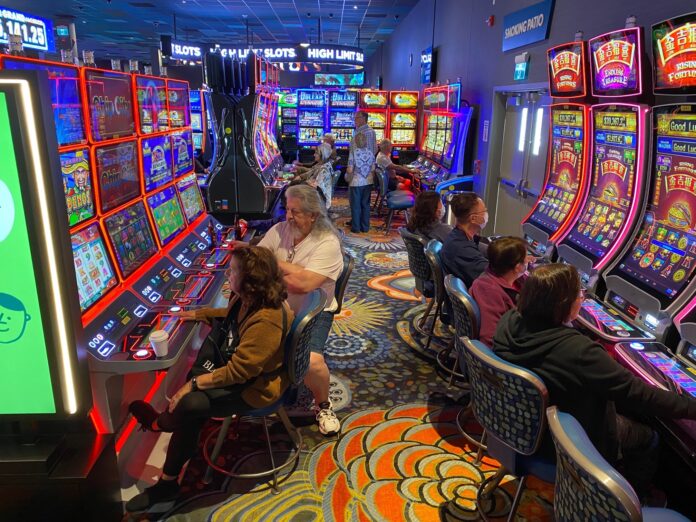I am PaulHill (helenpearl544@gmail.com). I hold full responsibility for this content, which includes text, images, links, and files. The website administrator and team cannot be held accountable for this content. If there is anything you need to discuss, you can reach out to me via helenpearl544@gmail.com email.
Disclaimer: The domain owner, admin and website staff of Medium Blog, had no role in the preparation of this post. Medium Blog, does not accept liability for any loss or damages caused by the use of any links, images, texts, files, or products, nor do we endorse any content posted in this website.
Throughout human history, gambling has been a pervasive form of entertainment and social activity. From ancient civilizations to modern times, the allure of games of chance has captivated people across cultures. The roots of gambling can be traced back to ancient times when dice games and betting on events were common pastimes among early civilizations. In fact, some of the earliest recorded forms of gambling date back to ancient China, where tiles were used for games of chance around 2300 BC.
As societies evolved, so did gambling. In ancient Rome, betting on gladiator fights and chariot races became popular forms of entertainment among the masses. The Middle Ages saw the emergence of card games in Europe, which quickly spread across the continent and beyond. Gambling houses, known as casinos, began to appear in Venice during the 17th century, marking the birth of the modern casino concept.
Fast forward to the 20th century, and gambling underwent a significant transformation with the advent of technology. The introduction of slot machines and electronic gaming paved the way for a new era of gambling accessibility and popularity. However, the most revolutionary change came with the rise of the internet and digital technology.
In the late 20th century, the first online casinos emerged, offering virtual versions of traditional casino games like blackjack, roulette, and poker. This marked a seismic shift in the gambling industry, allowing players to enjoy their favorite games from the comfort of their homes https://brandneueonlinecasinos.com/. The convenience and accessibility of online casinos quickly made them a global phenomenon, attracting millions of players worldwide.
Informationen zu den besten online casinos have since become a crucial part of the online gambling landscape. Players now have access to a wide range of platforms offering diverse games and incentives. These online casinos vary in terms of game selection, payment methods, and bonuses, catering to different preferences and needs. Players can choose from reputable sites that prioritize security and fairness, ensuring a safe and enjoyable gaming experience.
Moreover, the technological advancements continue to shape the future of online gambling. Virtual reality (VR) and augmented reality (AR) technologies are being integrated into casino games, offering immersive experiences that blur the lines between virtual and reality. Mobile gaming has also surged in popularity, allowing players to gamble on the go using smartphones and tablets.
As the gambling industry continues to evolve, regulatory frameworks and responsible gaming practices are increasingly important. Many jurisdictions have implemented strict regulations to protect players and ensure fair play. Responsible gambling initiatives promote awareness and provide support for those who may develop gambling-related problems.
In conclusion, the history of gambling reflects its enduring appeal and evolution alongside technological advancements. Informationen zu den besten online casinos are a testament to the innovation and accessibility that define modern gambling. Whether through ancient dice games or cutting-edge virtual reality experiences, gambling remains a dynamic and ever-evolving form of entertainment.

